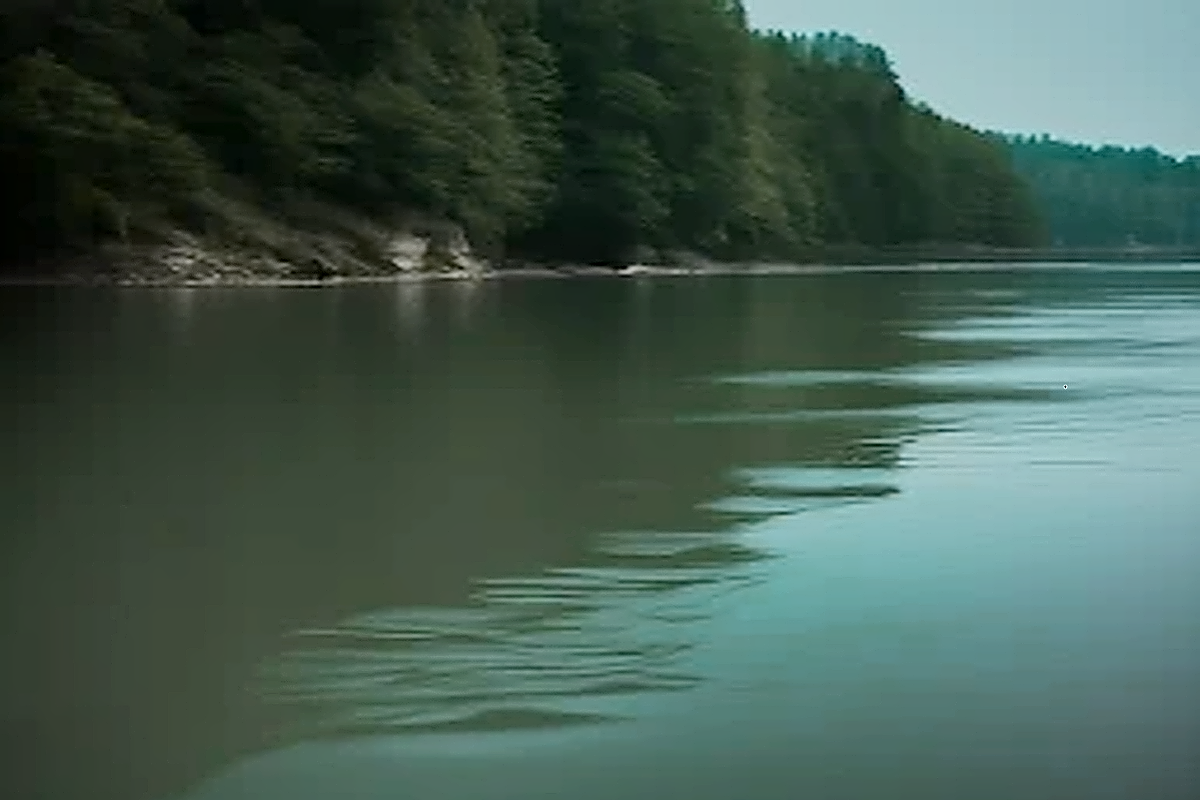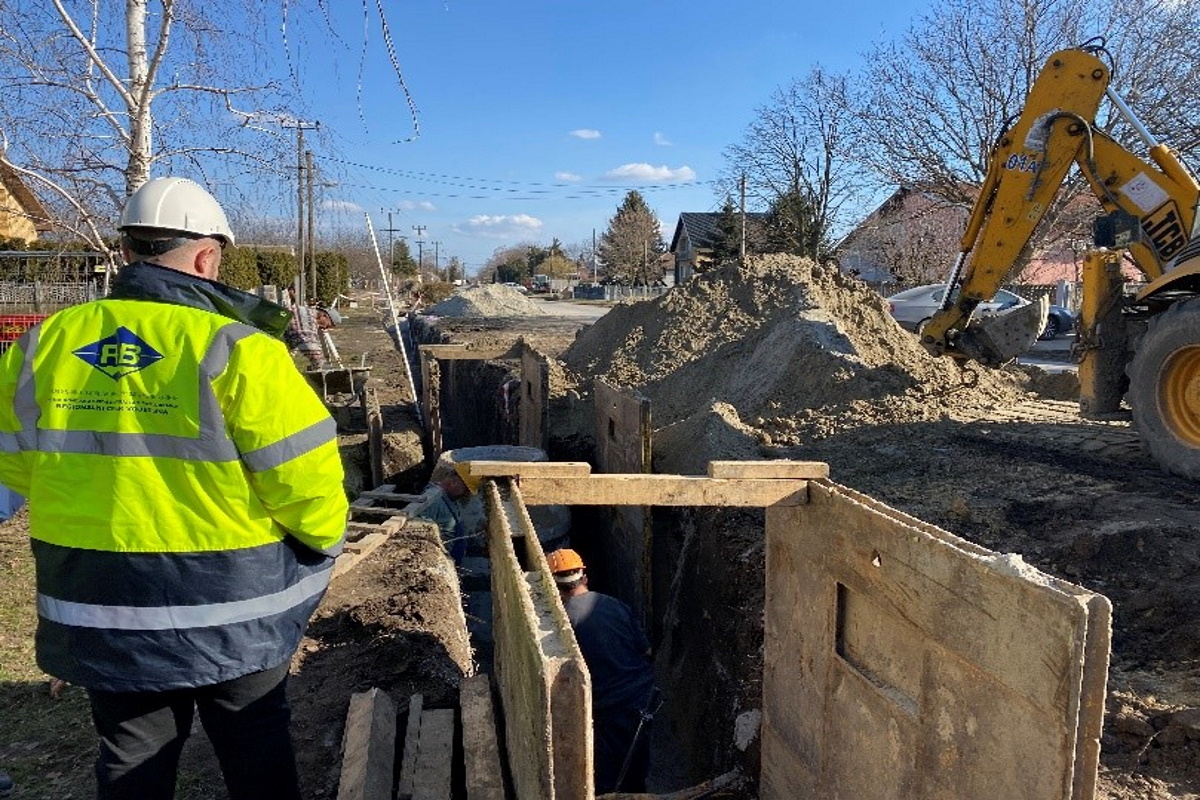RTS reports that Austria and Hungary take care of the water quality in the Danube, but also the words of Sandra Dokić, State Secretary in the Ministry of Environmental Protection of Serbia, who stated that with the “Clean Serbia” project, Belgrade is also planning to build new facilities so that wastewater no longer goes to Danube and Sava.
European countries invest significantly more funds in the processing of wastewater, and with the treatment and protection itself, experts admit, they started much earlier than Serbia.
As reported by RTS, good examples are Austria, Germany, Luxembourg and The Netherlands, which treat 100 percent of their municipal wastewater. In addition to protecting the environment, often by processing waste water, they also provide part of the city’s energy for electricity and heating.
When it comes to the Danube River, Austria and Hungary are making sure that good quality water reaches Serbia.
“The quality of surface water in Austria is generally of good quality. Somewhere around 40 percent of surface waters are of very good and good quality, 30 percent are of moderate quality, 10 percent are unsatisfactory, and only four percent are of poor quality. And the Danube in Austria is of good quality, we have a lot of bathers here during the summer,” Dr. Bogdanka Radetić from the Austrian Environmental Protection Agency told RTS.
In Hungary, 53 percent of waste water is treated in accordance with the legislation of the European Union. “The purified water discharged into the Danube is analyzed regularly,” Laszlo Debreceni, director of the Budapest waterworks “Vizmuvek”, confirmed for RTS.
In the process of accession to the European Union, Serbia needs to fulfill the requirements from Chapter 27 that relate to the environment, and there are also standards that relate to the treatment of municipal waste water.
“In the coming period, what we need to do is to have 359 operational, functional waste water processing facilities and constructed or reconstructed sewage network. I can say that at the moment we have four billion for this area, and three billion from the Chinese loan. This is for the “Clean Serbia” program, which, in addition to the plants and sewers, should also build certain regional centers for waste management,” she said.
Sandra Dokić, who as an example of Belgrade’s intention to maintain the quality of water in the Danube at a satisfactory level, cited the preparation of project and technical documentation for the plant in Veliko Selo.



